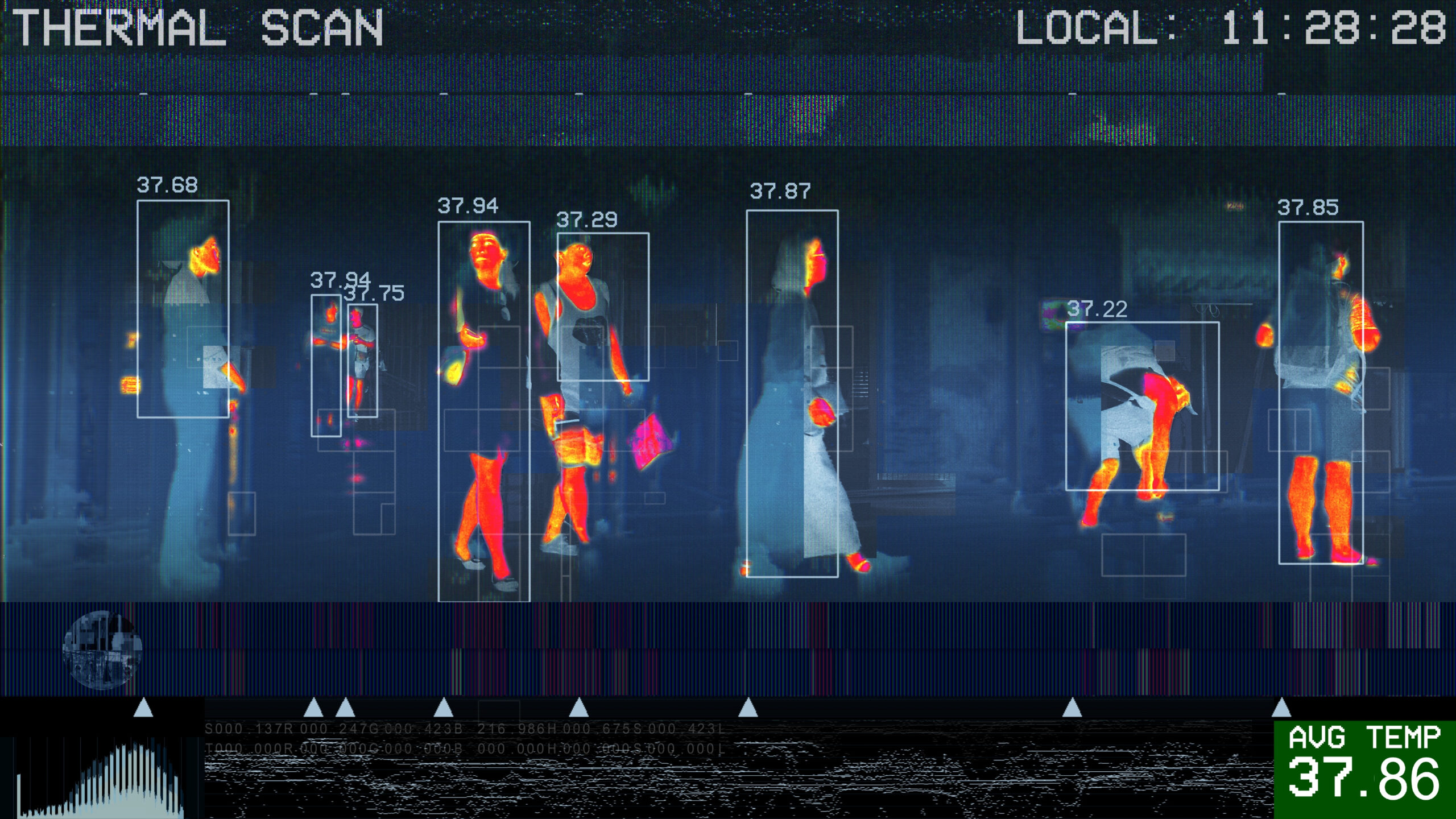
FPF Unveils Report on Emerging Trends in U.S. State AI Regulation
Today, the Future of Privacy Forum (FPF) launched a new report—U.S. State AI Legislation: A Look at How U.S. State Policymakers Are Approaching Artificial Intelligence Regulation— analyzing recent proposed and enacted legislation in U.S. states. As artificial intelligence (AI) becomes increasingly embedded in daily life and critical sectors like healthcare and employment, state lawmakers have […]

FPF Joins the NIST Artificial Intelligence Safety Consortium
The Future of Privacy Forum (FPF) is collaborating with the National Institute of Standards and Technology (NIST) in the U.S. Artificial Intelligence Safety Institute Consortium to develop science-based and empirically backed guidelines and standards for AI measurement and policy, laying the foundation for AI safety across the world. This initiative will help prepare the U.S. […]

FPF Testifies at FTC Data Portability Workshop
Yesterday, on September 22, 2020, the Federal Trade Commission held a public workshop, “Data To Go,” examining the benefits and challenges of data portability frameworks for consumers and competition. As a panelist during the first discussion, FPF’s Gabriela Zanfir-Fortuna discussed: how data portability operates in different commercial sectors; lessons learned from the GDPR and other […]

FPF Presents @ RightsCon 2020: “Frontiers in health data privacy: navigating blurred expectations across the patient-consumer spectrum”
The patient-consumer spectrum is a growing concept in which healthcare is rapidly transitioning from a periodic activity in fixed, traditional health care settings to an around-the-clock activity that involves the generation, use, and integration of data reflecting many aspects of individuals’ lives and behaviors. Accompanying this spectrum are blurred distinctions between traditional versus consumer-generated health […]

Best Practices
Future of Privacy Forum’s Best Practices page is a central repository for privacy-related guidance documents, reports, codes of conduct, and other resources that can help you navigate complex issues and implement initiatives in privacy-protective ways.

Thermal Imaging as Pandemic Exit Strategy: Limitations, Use Cases and Privacy Implications
Authors: Hannah Schaller, Gabriela Zanfir-Fortuna, and Rachele Hendricks-Sturrup Around the world, governments, companies, and other entities are either using or planning to rely on thermal imaging as an integral part of their strategy to reopen economies. The announced purpose of using this technology is to detect potential cases of COVID-19 and filter out individuals in […]

Youth & Education Project Media Mentions
Refreshing staff on FERPA essential as districts implement COVID-19 screening, Education Dive, Shawna De La Rosa, July 20, 2020 Explainer: How the U.S. Seeks to Protect Children’s Privacy Online, Reuters, July 8, 2020 Online learning hiccups lead to civil liberties threats, The Hill, Williamson N. Evers and Jonathan Hofer, July 7, 2020 Facial recognition in Lockport […]

Education, Privacy, Disability Rights, and Civil Rights Groups Send Letter to Florida Governor About Discriminatory Student Database
Today, the Future of Privacy Forum and 32 other education, disability rights, privacy, and civil rights organizations sent a letter to Florida Governor DeSantis, urging him to postpone the implementation of Florida’s proposed school safety database.

Privacy Papers 2018: Spotlight on the Winning Authors
Today, FPF announced the winners of the 9th Annual Privacy Papers for Policymakers (PPPM) Award. This Award recognizes leading privacy scholarship that is relevant to policymakers in the United States Congress, at U.S. federal agencies, and for data protection authorities abroad. From many nominated privacy-related papers published in the last year, five were selected by Finalist […]

WannaCry About Backdoors
There are many lessons to learn from the spread of the WannaCry ransomware attacks across the globe. One lesson that needs more attention is the danger that exists when a government attempts to create mandatory backdoors into computer software and systems.
